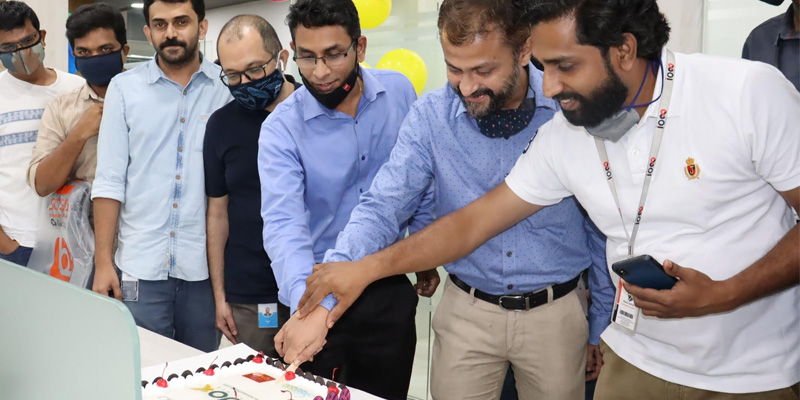SERIN THANKAM SAM
Saudi Arabia is set to open Hegra- the ancient archaeologist site, for the public. Hegra, undisturbed for almost 2000 years, is the kingdom’s first UNESCO World Heritage Site.
Hegra, is the lesser known sister city of Petra in Jordan and lay buried under the sands of time. The Nabateans, an ancient Arab people who inhabited northern Arabia and the southern Levant, has built Hegra, just like Petra.
The Nabateans created a huge empire in the desert from the fourth century BC to the 1st century AD. Emperor Trajan conquered them and they become subjects of the Romans. The tribe was forgotten until the rediscovery of Petra in the 19th century.
The Nabateans controlled the spice trade and built remarkable civilisation in the desert.
Much of Hegra’s appeal is due to the fact that the once thriving city, were virtually unknown to outsiders despite its resemblance to Petra. Ever since the city fell into decline, it had been left undisturbed for 2000 years. Ottomans built a fort at the site during World WarI during the Arab revolt which was instigated by Lawrence of Arabia.
All now that remain now of the city they built is some rock-cut tombs and relics.
Over 90 of the total 111 tombs recorded at the location are decorated. Many of the tombs have inscriptions, written in an early form of Arabic that “warn the living not to interfere with the tombs”.
One inscription reads, “May the lord of the world curse upon anyone who disturbs this tomb or opens.” The site also features some 50 inscriptions of the pre-Nabataean period and some cave drawings.
UNESCO has declared the site a World Heritage site and certifies that “the site also features some 50 inscriptions of the pre-Nabataean period and some cave drawings. They may have been made by the ancient people known as the Thamuds who are mentioned in the Quran or members of the Dedan culture. According to UNESCO, the site “bears witness to the development of Nabataean agricultural techniques using a large number of artificial wells in rocky ground.”
Saudi Arabia is now determined to boost its economy through tourism along with petro pipeline. Crown Prince and Deputy Prime Minister Mohammed bin Salman announced Saudi Vision 2030 in 2016. It is a roadmap for the kingdom (KSA) over the next two decades to transform into a global hub for trade and tourism that connects Africa, Asia and Europe. To pull off that feat (of finding another profitable source of livelihood for the nation’s people) KSA is banking on tourism as a new source of income.






























